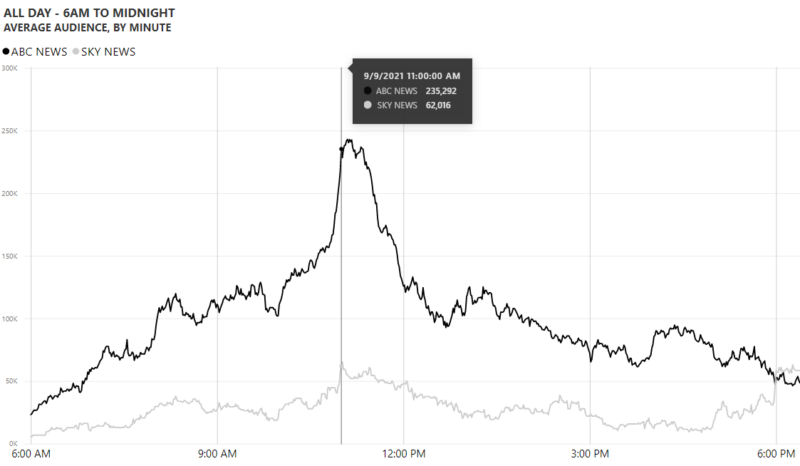Gladys quitting daily conferences is yet another COVID-19 communications fail
The decision to step back from the daily COVID-19 presser is a step back for clear communication, writes Pure Public Relations founder, Phoebe Netto.
This moment was always going to come. NSW Premier Gladys Berejiklian was always going to have to call our anxiety-laden daily lockdown ritual – otherwise known as the 11am press conference – to a close. But just as we’re about to hit the highest number of cases yet? It’s simply not the right time.
We’ve all been conditioned to listen to this 11am briefer, not because we’re bored, but because what’s announced has a great impact on our daily lives. The longer lockdown continues, our daily habit has shown no sign of abating, with viewing figures repeatedly spiking at 11 am on the dot.


